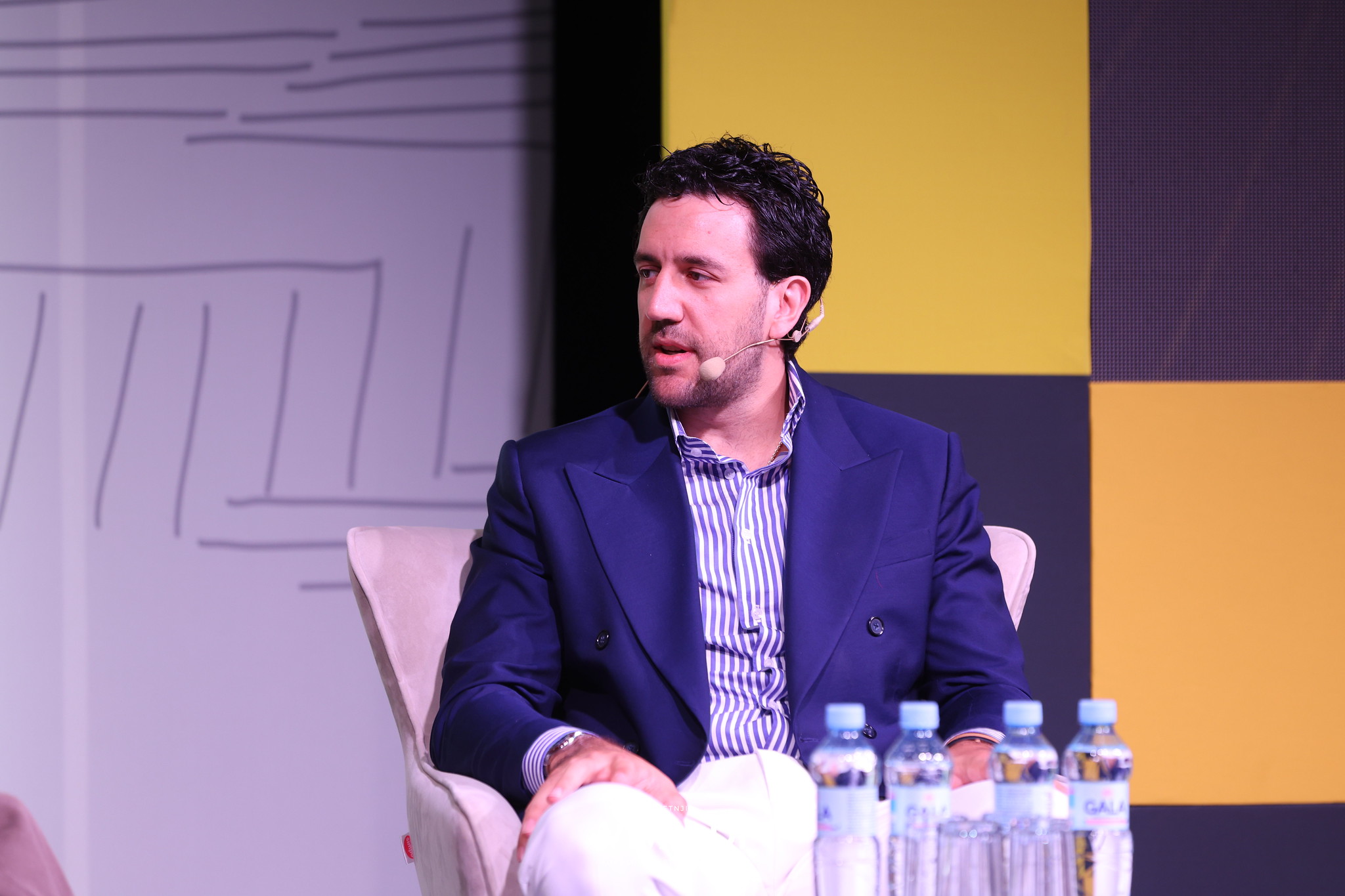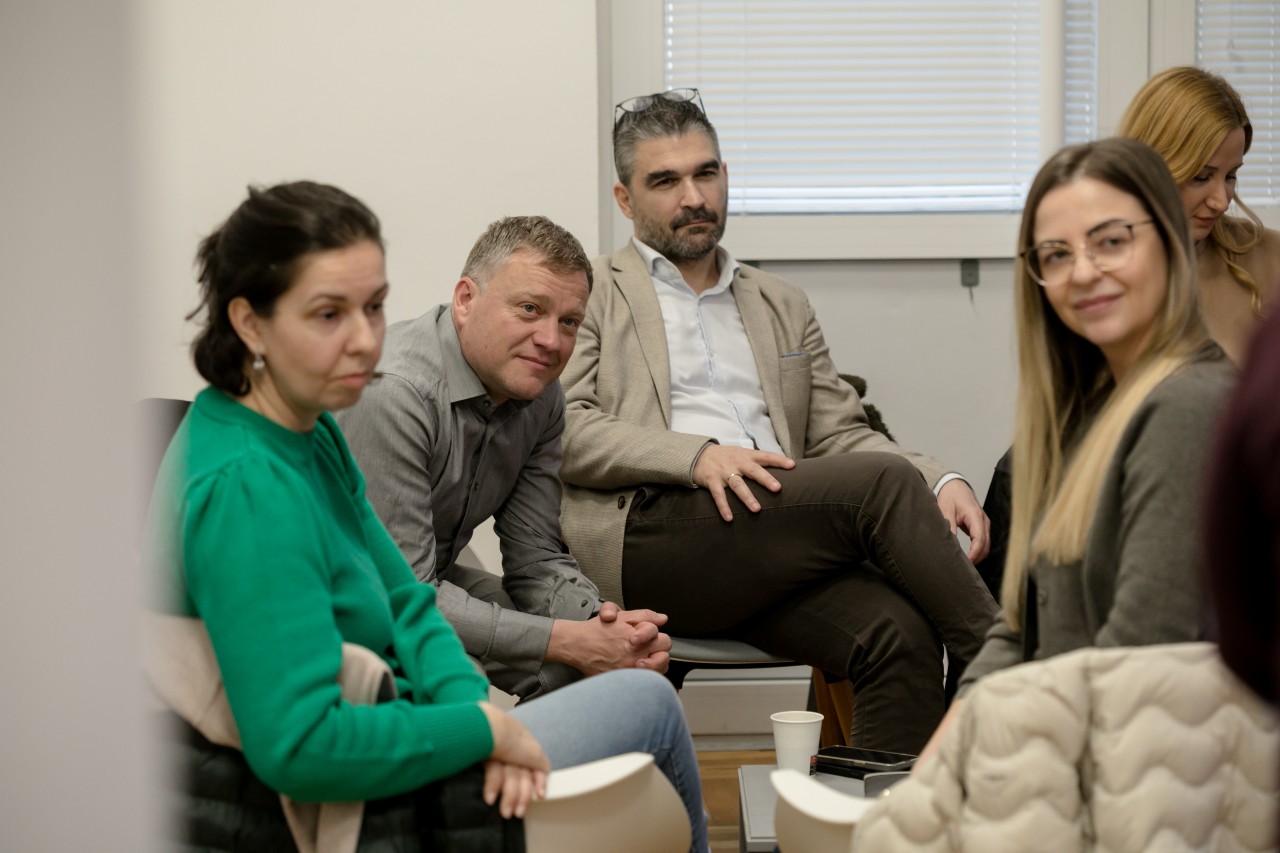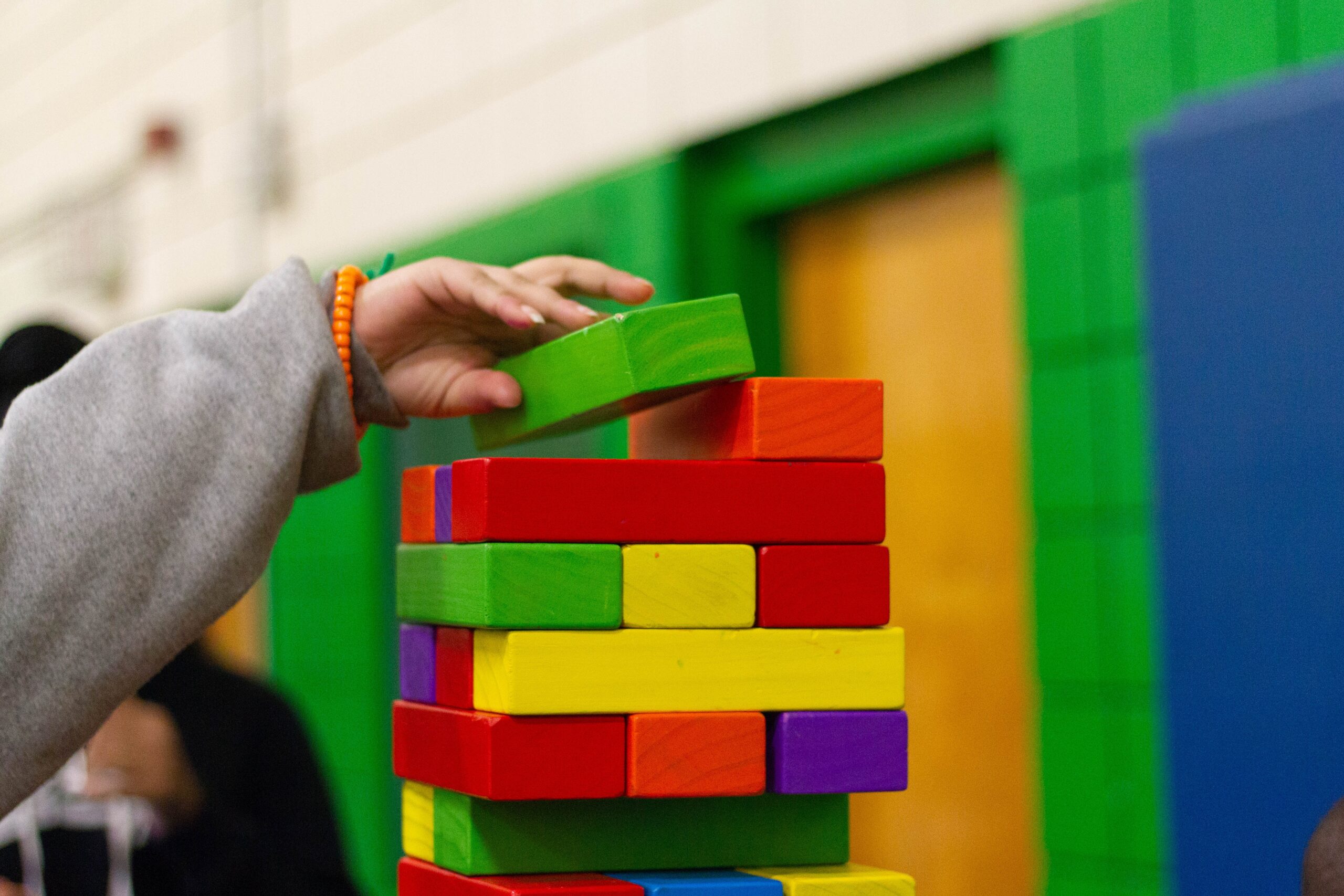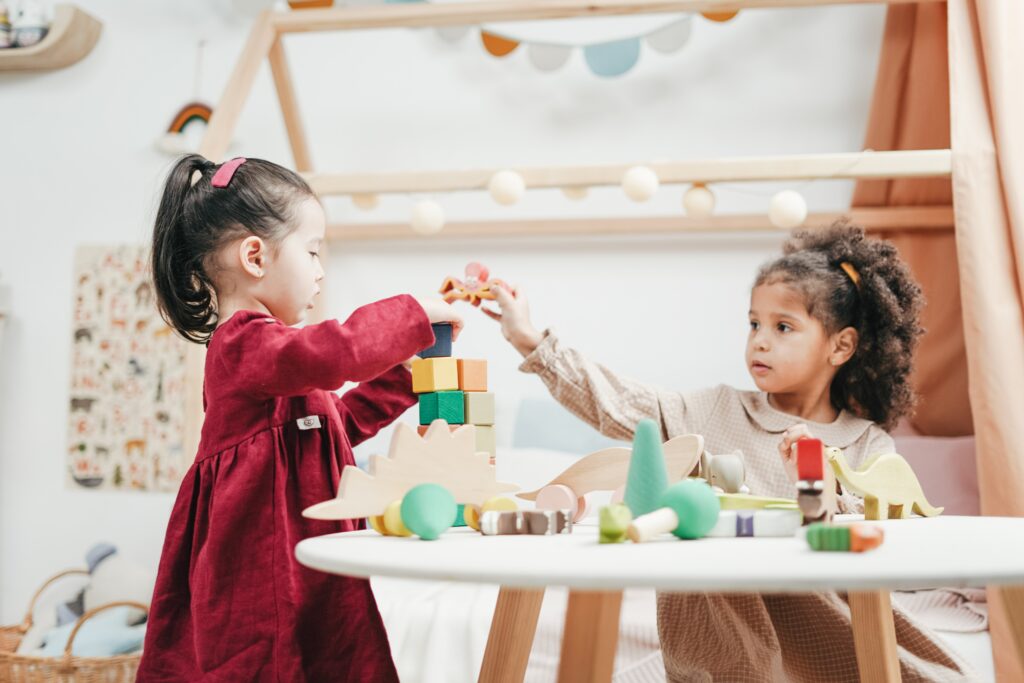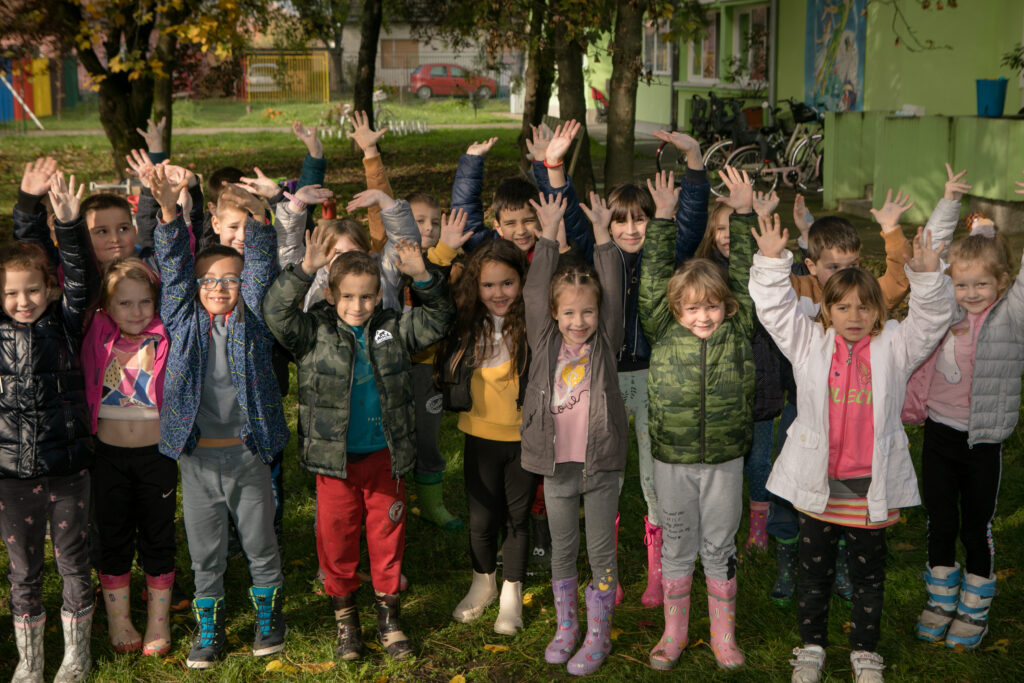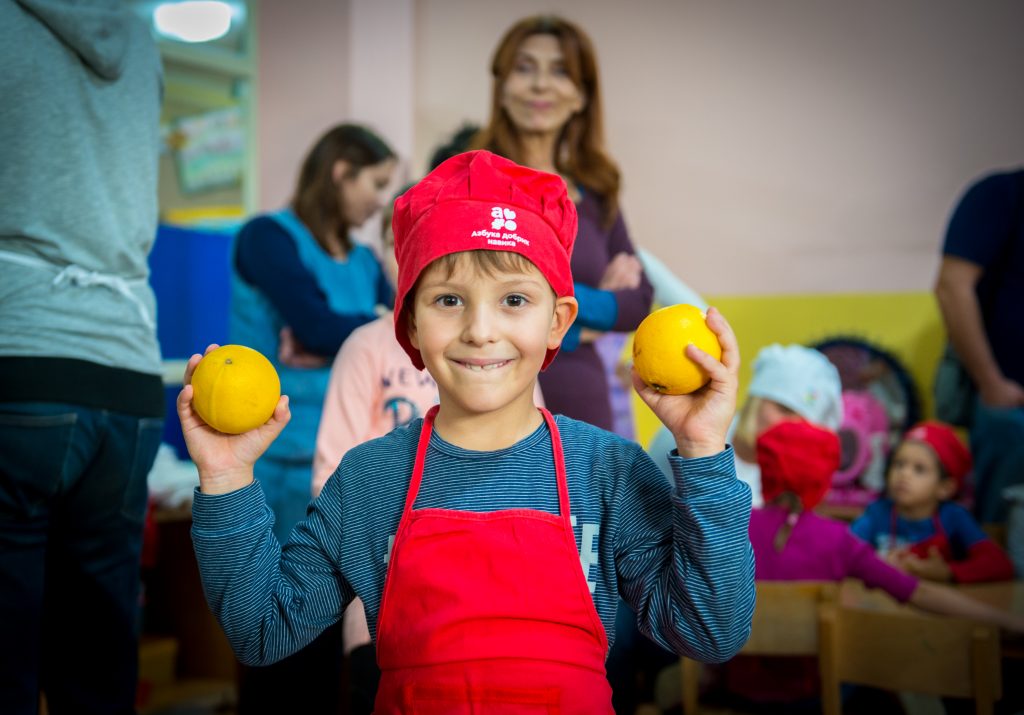How can we instill confidence in our children while also properly preparing them for the real world? Do participation awards really teach the right values or they breed complacency and a sense of entitlement in our youth?
Participation awards are exactly what they sound like. They are awards, typically trophies or certificates, that essentially recognize a child for their participation in an activity. These activities can be summer programs, sports teams, or competitions.
Because they do not honor specific accomplishments, some condemn these awards. Recently, linebacker James Harrison of the Pittsburgh Steelers caused a stir and reinvigorated the debate over participation awards when he demanded that his children’s participation trophies be returned, stating that:
While I am very proud of my boys for everything they do and will encourage them till the day I die, these trophies will be given back until they earn a real trophy.
Multiple media agencies covered a story on Harrison and participation trophies, and any people weighed in with their views on the matter. The topic continues to be hotly debated.
I am a competitive person – always have been, always will be. When I was younger, I coveted awards and recognition like they were the Holy Grail itself. I loved winning and acknowledgement of my abilities. Don’t get me wrong – I was never a sore loser about being beaten. I knew there was no way I could always be the best. Losing pumped me up, made me want to be better.
It wasn’t losing that made me sore. What frustrated me was when someone whom I believed to be inferior won an award that I thought was due to me. In my mind, the judges or teachers or coaches weren’t doing their job – the best candidate should always win the award, right?
“They have to take care of everyone,” my parents would say. This principle irritated me to no end, and I would often grumble for days about losing out on the grounds that my superiors wanted to recognize my average peers.
Confession: I wasn’t the most thoughtful person when I was younger.
However, as I’ve matured, my views on “confidence-booster” and participation awards have changed a bit. Over the years, I have become far less critical and a good deal more considerate. However, it wasn’t until I became a taekwondo instructor and started working with children on a daily basis that I began to see the real value for this type of recognition.
Working with young kids has revealed to me how critical it is to build up their confidence.
My students come from all kinds of backgrounds and have a diverse set of personalities. While some are naturally confident and out-going, there are also a number of children who are never sure of themselves. They tend to doubt themselves and their abilities, so building up their self-esteem through regular praise is crucial. Instilling personal pride in these students is a vital component of preparing them for success in the real world. Without regular recognition, these children will never be bold enough to take risks or stand up for themselves when they mature into adults.
Participation awards and similar accolades also give kids the motivation to persevere. If a child puts a significant amount of effort into an activity but finds himself with nothing to show for it, he may feel as if his hard work went to waste. This then tends to result in an extremely destructive “what’s the point” attitude that has him questioning why he ever exerted so much effort in the first place. Even adults will feel tempted to give up if there is nothing to show for their work – how can we expect kids to feel any different? Participation awards give children tangible evidence of their hard work and thus strengthen their resolve.
Overconfidence blinds a person from his faults and prevents growth
My work as a taekwondo instructor has given me insight on the importance of encouraging our younger generation. However, I am also aware of the disadvantages associated with participation awards and the like. While there are certainly children that need the extra encouragement, I find that there are also children who may need to be taken down a few notches. At the opposite end of self-doubt on the confidence spectrum is arrogance, which is as damaging as confidence is beneficial. Overconfidence blinds a person from his faults and prevents growth. In this case, additional rewards are actually destructive for these kids.
Participation awards breed complacency and a sense of entitlement in our youth?
Furthermore, I fear that participation awards breed complacency and a sense of entitlement in our youth. When children see that they can earn recognition and praise merely by participating, they may begin to lose the motivation to be outstanding. If they feel that they will be rewarded regardless of effort or ability, it could discourage them from improving their skills; it may even convey to our outstanding achievers that their hard work and skill is no more special than the work of their mediocre counterparts. Our kids begin to feel content with their current abilities and don’t feel the need to push themselves. Additionally, I have watched children coming to identify privileges and praise as their rights. They feel entitled to rewards – is this a quality that we desire in our children?
Even if we overlooked these concerns, there is one that we cannot disregard no matter how much we may want to: participation awards are not realistic. I’ve always held the belief that a parent’s responsibility is twofold:
1) let her kids know how harsh and unforgiving the world is as well as how to navigate this environment;
2) equip them with the tools and abilities they need to make it less so.
Our world is cruel. sIf you can’t make the grade, if you can’t produce or provide something of worth to people, then you will not make it. While participation awards are encouraging, they also don’t represent reality. In the real world, you aren’t rewarded if you don’t contribute something special.
How can we instill confidence in our children while also properly preparing them for the real world? While encouragement and praise are no doubt necessary components of mentoring children, participation awards may be a step too far. I realized through my job how important it is to build self-esteem in kids, but perhaps verbal recognition should suffice. Where is the line that divides constructive reinforcement and destructive? Like many other things in life, educating our children seems to be all about balance.






